 |
|
|
|
|||||||||
Few meetings between the heads of the world's two largest economies range in content from chitchat to covering complicated issues such as Middle East upheavals and nuclear crises.
But this was what took place over 100 minutes when President Hu Jintao met US President Barack Obama on Tuesday on the sidelines of the Seoul Nuclear Security Summit.
The meeting began with both leaders noting that this was their 11th meeting in three years. That showed the importance their countries place on US-China relations, Obama said, adding that he was looking forward to a "constructive, frank and productive" meeting in which he would discuss economic and commercial issues and look to expand trade.
Obama said he believed this was also an opportunity to talk about a wide range of international issues, including the situations in the Democratic People's Republic of Korea, Iran, Sudan and the Middle East.
Chinese Assistant Foreign Minister Ma Zhaoxu told reporters that the two presidents had "an extensive and in-depth" exchange of views on China-US relations and on other common interests and "reached a lot of consensus".
The meeting took place amid a background of differences between the two nations recently over a slew of bilateral and international issues, ranging from trade frictions to different stances on Syria, and on Iran and Korean Peninsula nuclear issues.
Hu urged the two countries to properly handle differences and sensitive issues in order to push forward on the right track of cooperative partnership
On China-US economic and trade ties, Hu said that some economic and trade frictions had occurred between the two countries, but it was against the backdrop of constantly expanding and deepening cooperation, and these frictions should be resolved in a gradual way.
Hu stressed that China's currency rate was not the reason behind the US trade deficit, and even a drastic rise in the yuan's value would not solve the problems haunting the US economy.
But he said China would continue to reform the mechanism of the yuan exchange rate and increase its flexibility.
"China will continue to take effective measures to address the legitimate economic and trade concerns of the United States", said Hu, while urging the US to take early and concrete steps on such issues as easing restrictions on high-tech exports to China.
Obama said the US is mulling to ease controls on high-tech exports to China, and welcomes more Chinese firms that want to expand their investment in the US infrastructure sectors, as the US will make it easier for them to do so.
Hu also discussed a wide range of global hotspots with Obama, stressing that China stands ready to stay in close communication with the US on the Syrian issue and play a constructive role in resolving current crises at an early date.
Hu said that China takes an objective and just position and holds a responsible attitude, promoting talks and peace.
Hu also said that maintaining peace and stability between Sudan and South Sudan serves the common interests of China and the US.
"China and the United States should continue to exert their own influence encourage Sudan and South Sudan to resolve their outstanding issues through negotiation," Hu said.
Zhang Tuosheng, a researcher on Sino-US relations with the China Foundation for International and Strategic Studies said that the summit meeting was very important for both countries, especially on the domestic front, as this was election year in the US.
"There needs to be an exchange of views on how bilateral relations can stay the same without too many disruptions over election politics and domestic factors," Zhang said
Glyn Ford, a retired member of European Parliament, said the two most important international players met at a very difficult time, especially after they had just taken different stances and actions regarding the Syrian crisis.
"The political dimension can't be ignored since Obama is running his presidential campaign at the moment," said Ford. "It would be difficult for him to make a lot of progress in terms of US-China relations (in seeking success in the November election)."
David Fouquet, director of the Brussels-based Europe-Asia Research Network, said the two leaders' meeting had attracted global attention, not only because of the changing global environment but also domestic issues.
With political rivals in the US voicing contrary policies on China or Europe, will President Obama be driven to escalate the numerous US-China controversies and problems, or will he maintain his generally moderate position? asked Fouquet, adding that the bilateral stances deserved closer observation.
Cui Haipei contributed to this story.
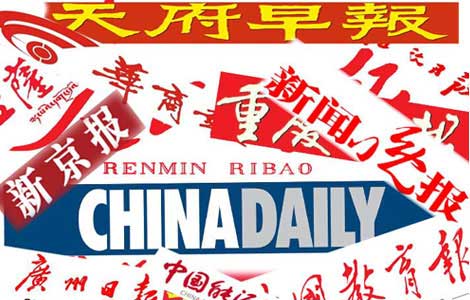
|
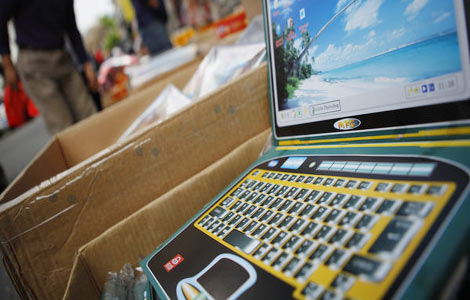
|
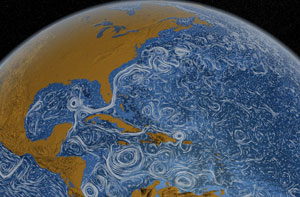
|

|
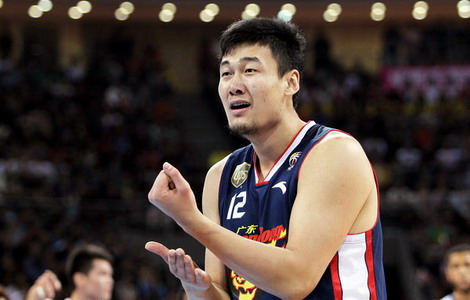
|
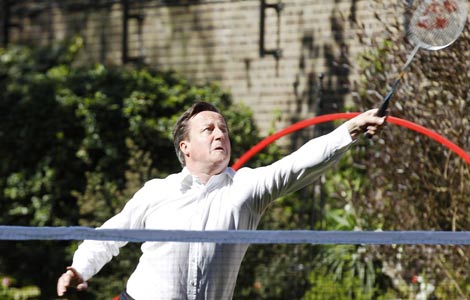
|